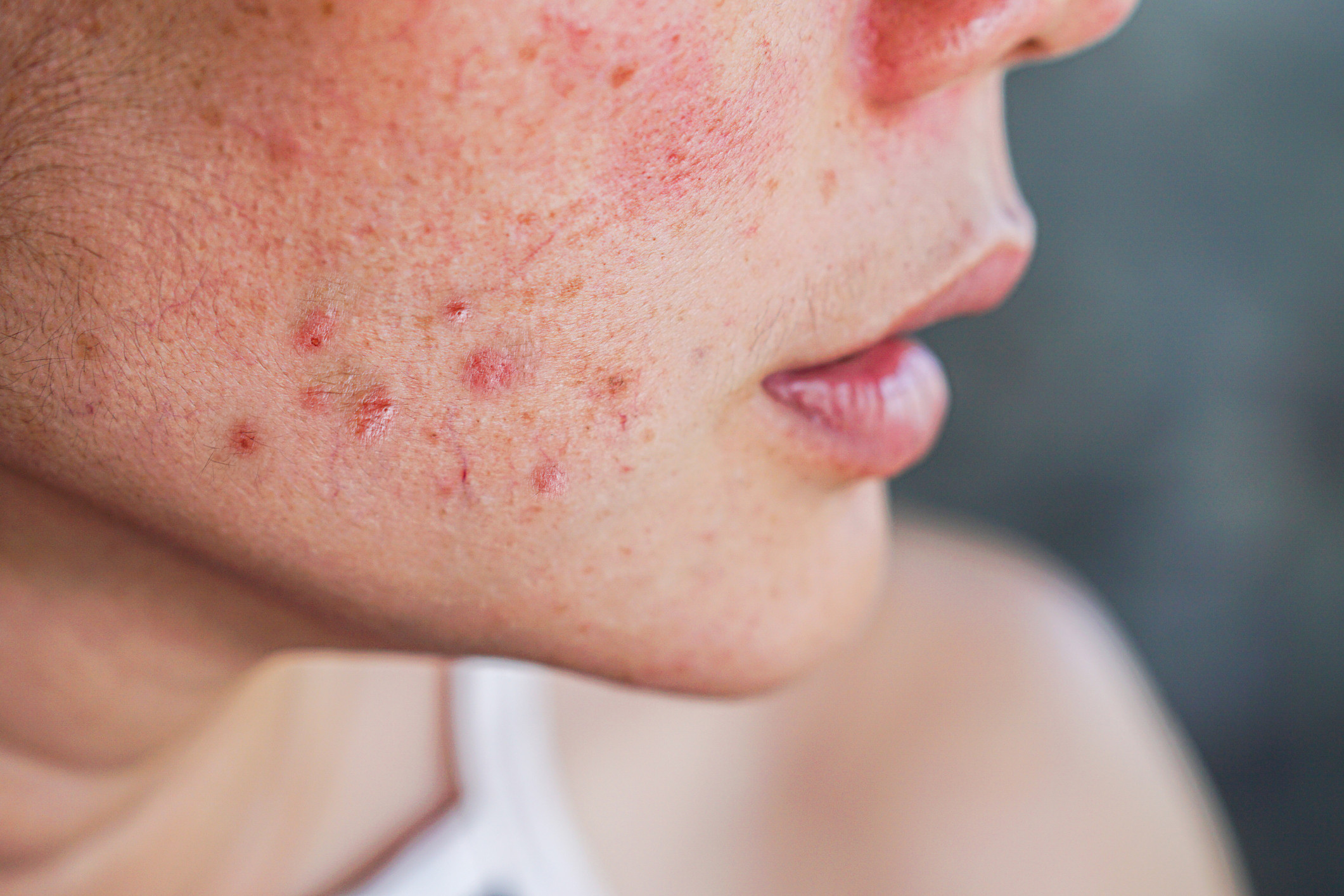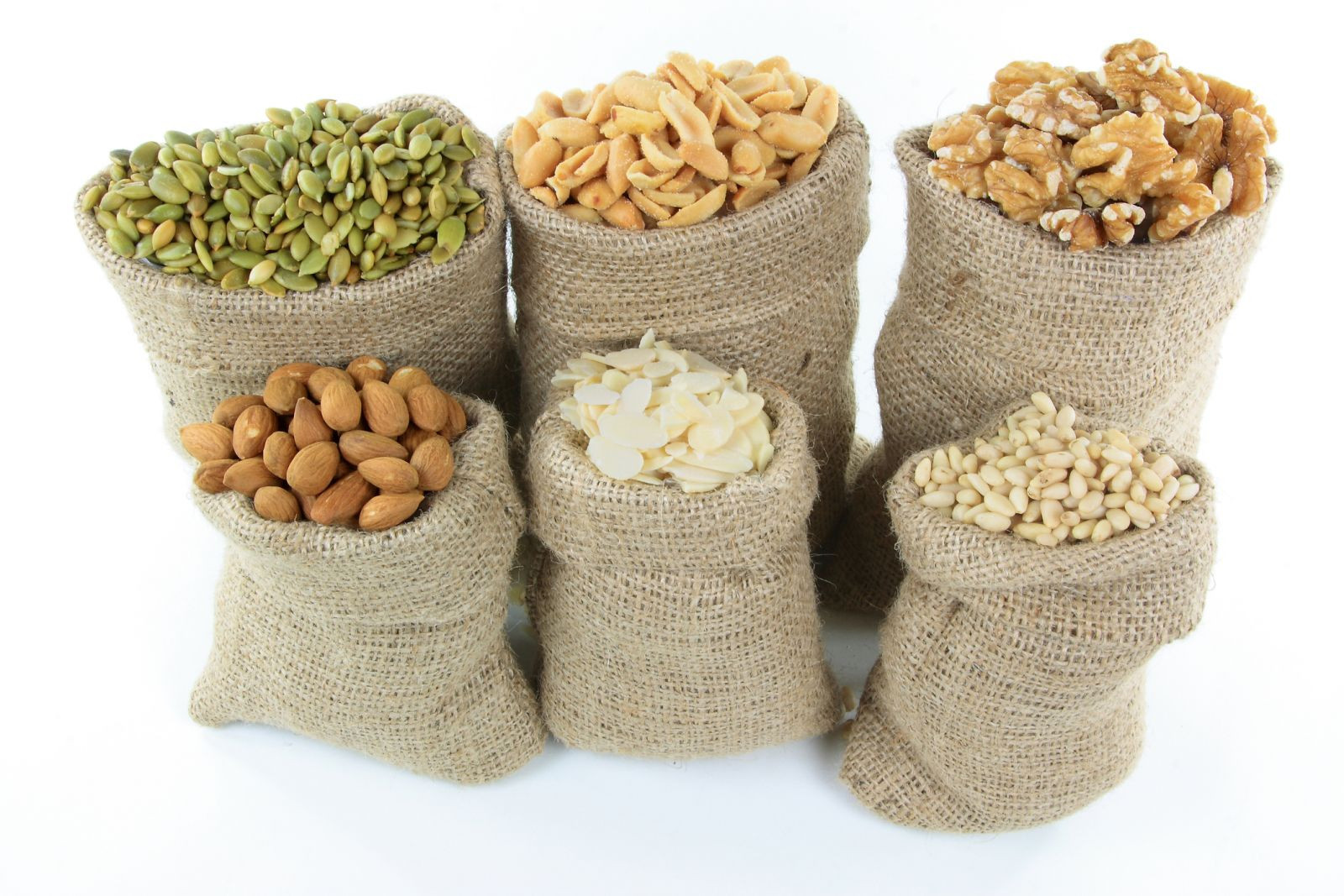
Respiratory health harms often follow flooding: Taking these steps can help

Tips to leverage neuroplasticity to maintain cognitive fitness as you age

Can white noise really help you sleep better?

Celiac disease: Exploring four myths

What is prostatitis and how is it treated?

What is Cushing syndrome?

Exercises to relieve joint pain

Think your child has ADHD? What your pediatrician can do

Foam roller: Could you benefit from this massage tool?

Stepping up activity if winter slowed you down
Diet & Weight Loss Archive
Articles
6 ways to maximize lung health
Exercising, avoiding pollutant exposure, controlling weight, and other strategies may help you breathe easier.
You may not know it, but your lungs — like many of your organs — have some backup power to get you through situations that stress your health. This excess capacity, called physiological reserve, helps your lungs weather infection and chronic disease.
Lung reserve is robust when we're young, but it diminishes over time as part of the normal aging process. Smoking or long-term lung diseases such as asthma, chronic bronchitis, or emphysema can accelerate that decline. Diminished reserve makes us more vulnerable to a new or sudden lung problem. "If you get a severe infection and start with lower lung function compared to when you were younger, you have less reserve capacity and you won't tolerate the infection as well," says Dr. Richard Schwartzstein, chief of the Pulmonary, Critical Care, and Sleep Medicine Division at Harvard-affiliated Beth Israel Deaconess Medical Center.
Fight chronic inflammation and cholesterol to protect your heart
It takes a one-two punch to lower these risks for heart disease, heart attack, and stroke.
High cholesterol has long been known as a bad actor in heart health. Too much LDL (bad) cholesterol in your blood can lead to fatty deposits in your arteries and the formation of artery-narrowing plaque (atherosclerosis), heart attacks, and strokes.
But LDL doesn't act alone. Chronic inflammation — a persistent activation of the immune system — also fuels heart attack and stroke risks. That means you must address both high LDL levels and chronic inflammation to protect your health.
Polycystic ovary syndrome and the skin
Polycystic ovary syndrome is the most common cause of infertility in women. In many cases, women with PCOS have skin and hair issues such as acne, hair loss, or excessive hair growth in places where they normally do not have hair. Treatment options vary depending on the symptoms and each woman’s preferences.
5 mistakes that will sabotage a healthy diet
Excluding the wrong foods and following eating plans that are too restrictive may do more harm than good.
If you've ever made a New Year's promise to eat more healthfully, then you know how easy it is to slip back into less healthy eating routines. "People go into these plans with the best of intentions, but sometimes they don't have the best information to support their changes," explains registered dietitian Kathy McManus, director of the Department of Nutrition at Harvard-affiliated Brigham and Women's Hospital (www.brighamandwomens.org).
Whether you've chosen an eating plan to lose weight or to address a health problem (for example, a low-salt diet to help lower your blood pressure), it's important to understand the little things that can throw you off track.
Get moving to slow cardiovascular aging
Keep your heart strong and young by giving it a good, regular workout.
Image: © JohnnyGreig/Getty Images
Your heart, like any other muscle, can weaken over time, especially if you are sedentary. As you age and become less active, the muscle in your heart's left ventricle — the chamber that pumps oxygen-rich blood back out to the body — becomes stiffer.
"This change in the heart muscle, coupled with simultaneous stiffening of the body's arteries that leads to high blood pressure, begins a harmful cardiovascular aging cycle," says Dr. Aaron Baggish, director of the Cardiovascular Performance Program at Harvard-affiliated Massachusetts General Hospital. "Without intervention, this sets the stage for heart failure later in life."
Moving away from knee osteoarthritis
Men may avoid activity because of their knee pain, but movement is exactly what they need.
It is perhaps the ultimate exercise catch-22: it's hard to move with knee osteoarthritis, but moving helps relieve osteoarthritis knee pain.
More than 30 million Americans have osteoarthritis, the most common kind of arthritis. While osteoarthritis can affect the hips, lower back, neck, and fingers, it occurs most often in the knees. In fact, an estimated 10% of men ages 60 and older have symptoms of knee osteoarthritis.
Moving away from knee osteoarthritis
Men may avoid activity because of their knee pain, but movement is exactly what they need.
It is perhaps the ultimate exercise catch-22: it's hard to move with knee osteoarthritis, but moving helps relieve osteoarthritis knee pain.
More than 30 million Americans have osteoarthritis, the most common kind of arthritis. While osteoarthritis can affect the hips, lower back, neck, and fingers, it occurs most often in the knees. In fact, an estimated 10% of men ages 60 and older have symptoms of knee osteoarthritis.
What could cause my breasts to become larger?
On call
Q. My breasts have begun to feel swollen and seem larger. What could cause this, and should I be worried about any potential health issues?
A. Swollen breasts in men are almost always caused by either one or both of two conditions: excess fat deposition in the breasts, or growth of actual glandular breast tissue (gynecomastia). Fatty deposition occurs in overweight men and is always present in both breasts. With gynecomastia, the breasts have a firm or rubbery consistency. While it usually affects both breasts, it can affect one breast much more than the other.
Simple tips to fight inflammation
The awareness of the intersection between inflammation and chronic disease has spawned a plethora of diet plans, nutritional supplements, and lifestyle programs, many implying they offer new ways to improve your health by quelling inflammation. It's true that scientists are uncovering new complexities and expanding their knowledge of factors that may contribute to inflammation or help counter it. But much of the heavily hyped guidance for an anti-inflammation lifestyle boils down to the same no-nonsense health advice your grandmother might have given you.
Make healthy food choices
Our diets play an important role in chronic inflammation because our digestive bacteria release chemicals that may spur or suppress inflammation. The types of bacteria that populate our gut and their chemical byproducts vary according to the foods we eat. Some foods encourage the growth of populations of bacteria that stimulate inflammation, while others promote the growth of bacteria that suppress it.
Small tricks to help you shed pounds and keep them off
Weight loss can be challenging, but there are some strategies for success.
Image: © Wand_Prapan/Getty Images
If you're struggling to lose weight, you probably feel like the odds are stacked against you. You're not necessarily wrong.
"There is so much great-tasting food, and it's abundant and in your face all the time. To me it's kind of a miracle that people aren't even heavier than they are," says Dr. Meir Stampfer, a professor of epidemiology and nutrition at the Harvard T.H. Chan School of Public Health. In addition to an abundance of food, most people today also have a far more sedentary lifestyle than past generations. "Even active people who exercise a lot aren't expending the calories their ancestors did," says Dr. Stampfer.

Respiratory health harms often follow flooding: Taking these steps can help

Tips to leverage neuroplasticity to maintain cognitive fitness as you age

Can white noise really help you sleep better?

Celiac disease: Exploring four myths

What is prostatitis and how is it treated?

What is Cushing syndrome?

Exercises to relieve joint pain

Think your child has ADHD? What your pediatrician can do

Foam roller: Could you benefit from this massage tool?

Stepping up activity if winter slowed you down
Free Healthbeat Signup
Get the latest in health news delivered to your inbox!
Sign Up











